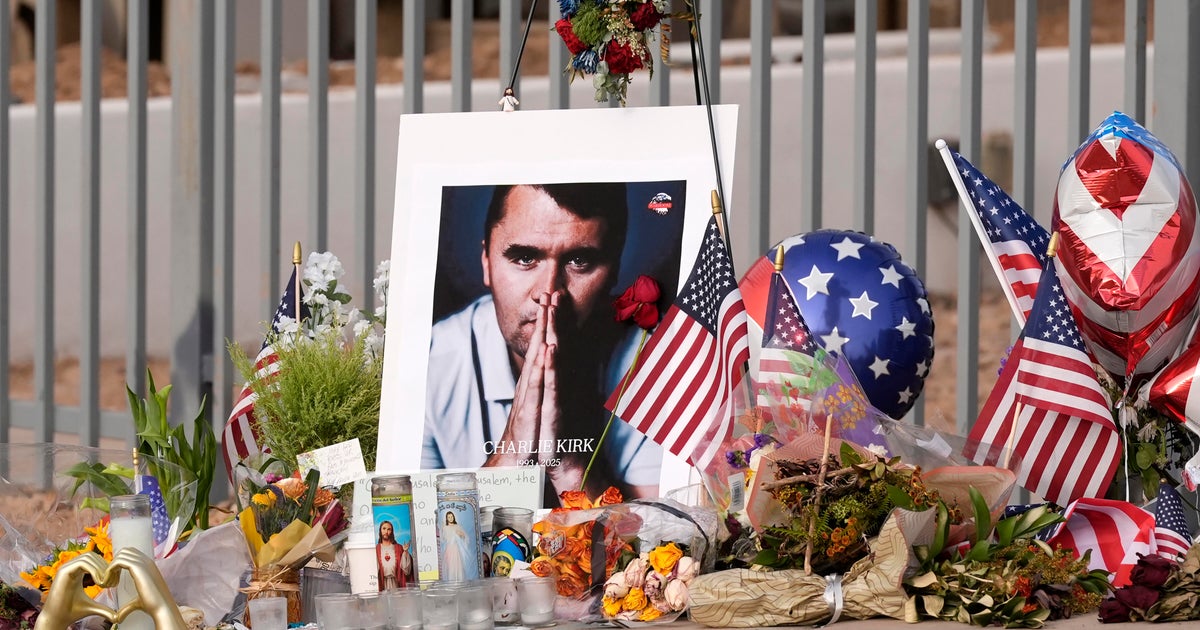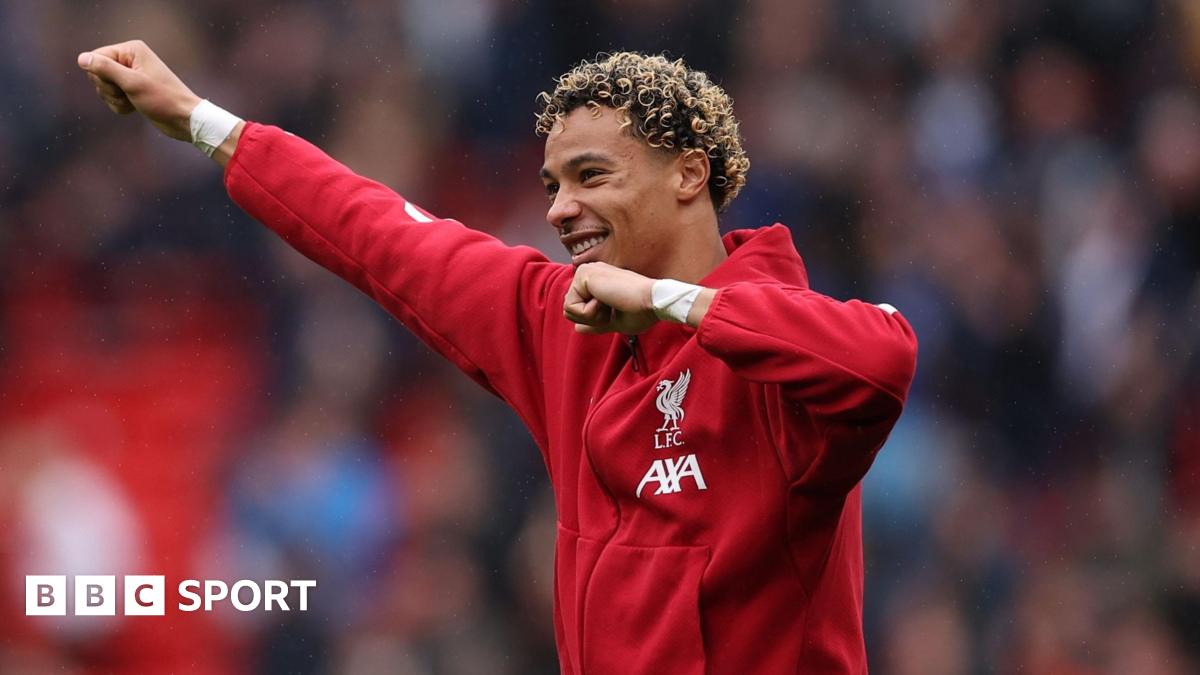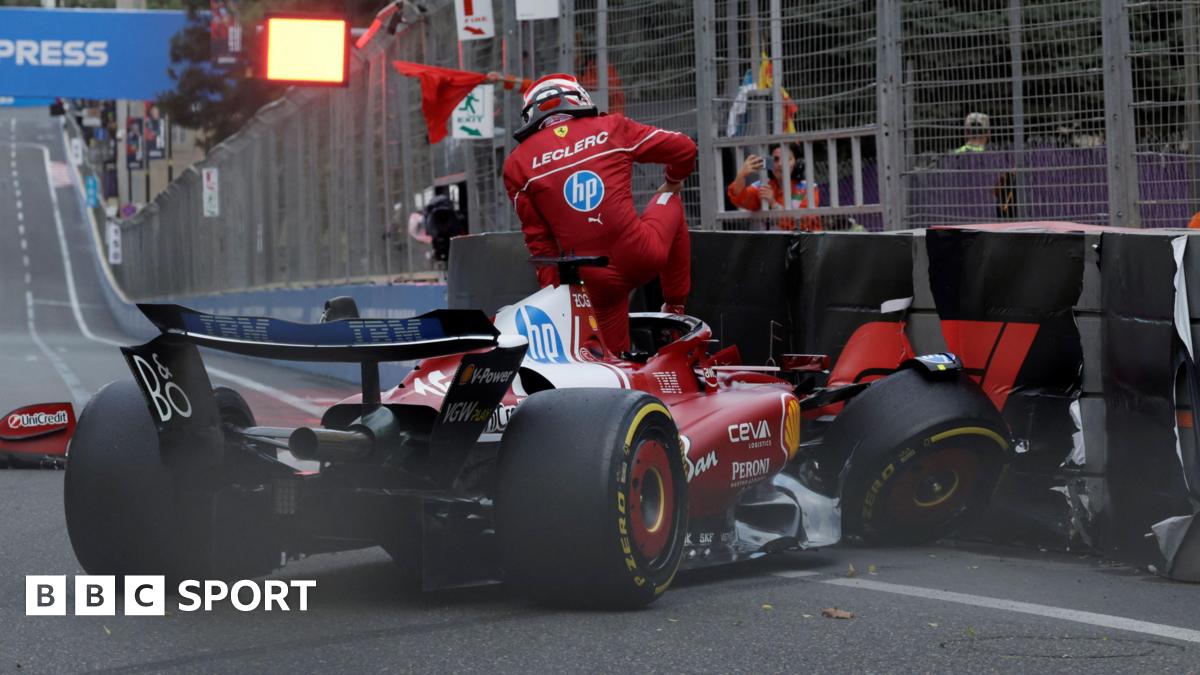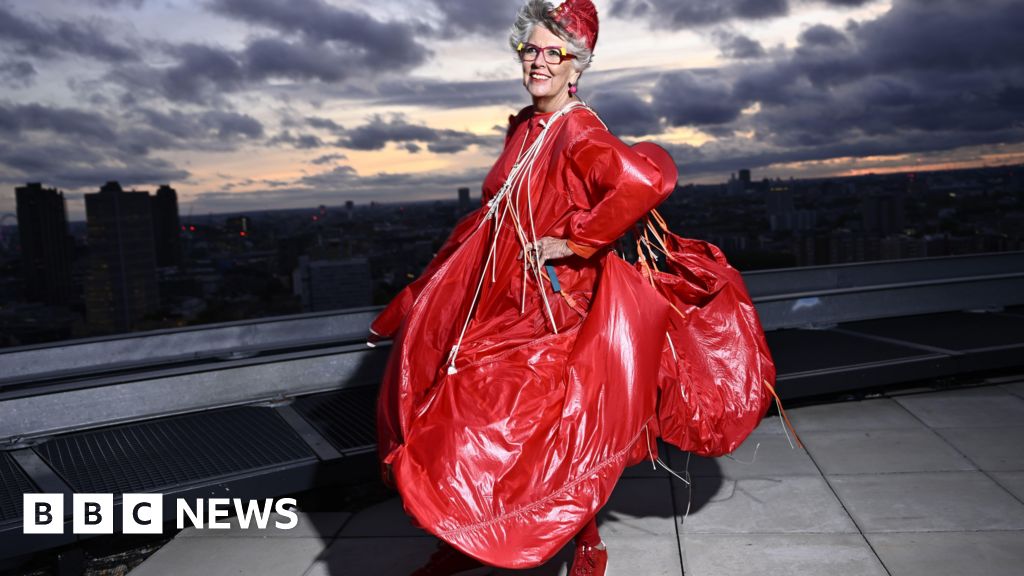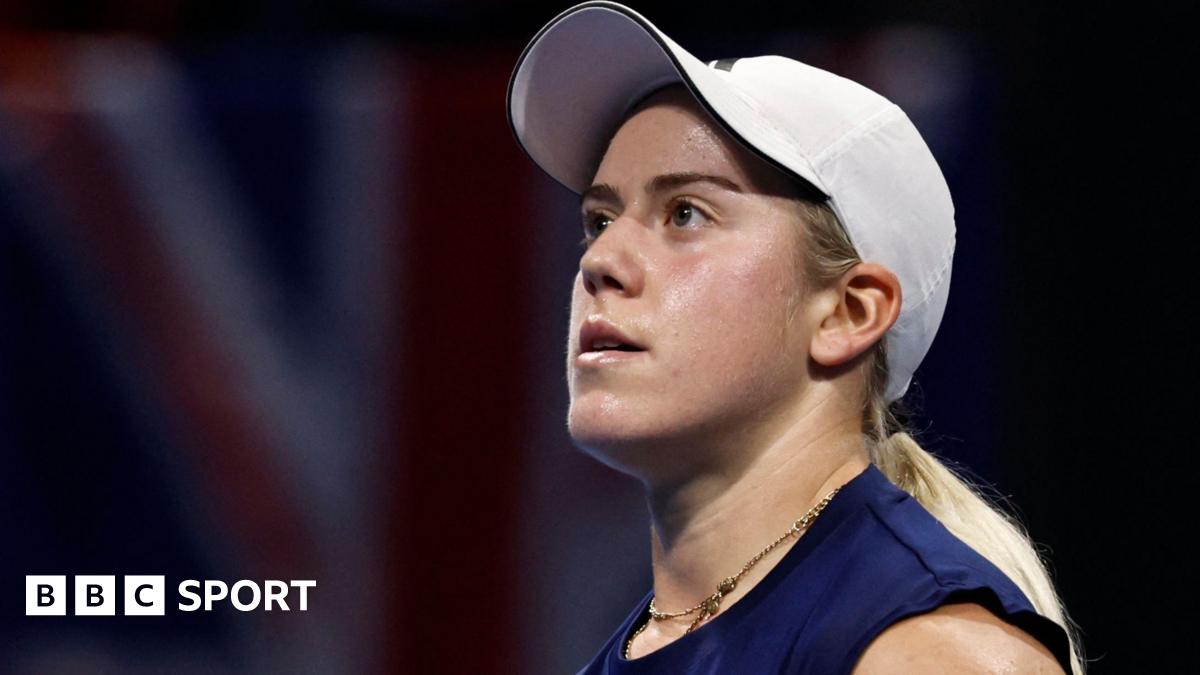After their first weekend in cinemas, DC’s Superman and Marvel’s The Fantastic Four: First Steps appeared to have done what superheroes do best: save the day. Only this time, they weren’t saving innocent citizens, but two major studios’ box office returns.
This upwards trajectory didn’t last long, though. Despite receiving generally positive reviews, US ticket sales for Fantastic Four slid by 66 per cent in its second week – one of the worst week-two declines in the 37-film Marvel Cinematic Universe (MCU) franchise. Superman fared slightly better, though it still decreased by 53 per cent.

Superman and The Fantastic Four: First Steps looked like they would rescue their studios from box office hell. What happened?Credit: Compiled by Jamie Brown.
Subsequently, this year could become the first since 2011 in which a superhero blockbuster fails to gross at least $US700 million at the global box office (barring the COVID-19 period).
Talk of “superhero fatigue” has since inundated social media. Suddenly, people are questioning whether both films will join the ranks of other recent superhero movies that failed to smash ticket sales, such as Thunderbolts*.
There is, however, far more to the story. In fact, we may have been misreading the power of superhero fatigue entirely.
Where did this ‘fatigue’ come from?
The phrase “superhero fatigue” gained traction following the 2019 release of Marvel’s Avengers: Endgame. This was the culmination of a narrative built across 21 previous films – a first in blockbuster cinematic storytelling. It became a cultural phenomenon, but it also signalled a natural “drop off” point for viewers who were beginning to feel overwhelmed by the sheer number of films they needed to watch before Endgame.
From here, Marvel attempted to start the process all over again – but had more disappointing results. In 2023, The Marvels grossed only $US206 million worldwide from a production budget of $US374 million. That same year, Ant-Man and the Wasp: Quantumania made a small profit ($US88,236) despite being one of the most expensive Marvel films to date ($US388 million).
Dr Duncan McLean, a senior lecturer in screen studies at the Australian Film Television and Radio School, says Marvel may have jumped the gun.

WandaVision was generally praised by fans, but was bringing the MCU to the small screen too much?Credit: Marvel Studios/Disney+
“Introducing a new collection of characters, starting to lay the foundations of a large narrative without it being immediately apparent to audiences how these things fit together or what they were building towards – for a chunk of the audience, the prospect was clearly too much. So, they took the closure Endgame offered and tapped out.”
This was exacerbated by the introduction of Disney+, which saw Marvel release several series, such as WandaVision and She-Hulk: Attorney at Law.
“Marvel breaks its MCU down into different narrative phases. Phase one contained six films in five years. Phase four had seven films and seven limited series in two years,” McLean says. “In persuading everyone that the Disney+ shows would be vital components to the ongoing cinematic universe, they also increased the amount of homework seemingly required to watch each new film.”
Loading
It wasn’t just Marvel. DC also struggled, releasing box office flops such as The Flash and Aquaman and the Lost Kingdom in 2023. It also began releasing an influx of TV shows, including Peacemaker, The Penguin and My Adventures with Superman.
In this sense, McLean questions whether it’s actually superhero fatigue we’re experiencing, or cinematic universe fatigue. Are we simply sick of having to do “homework” each time we buy a movie ticket?
Have Superman and Fantastic Four shaken us awake?
Superman and Fantastic Four mark the most significant departures from their respective studios’ previous mission, and have both received rather enthusiastic praise from critics and fans.
Beyond each film focusing on familiar, landmark figures within the franchises – Superman was one of DC’s first superheroes and The Fantastic Four is considered the “first family of the MCU” – they have also adopted a humorous and uplifting tone that contrasts with the earlier, darker period of DC and Marvel (think Matt Reeves’ The Batman).
“The darkness is there, but it doesn’t take over,” says Angela Ndalianis, a research professor of media and entertainment at Swinburne University. “They return to the basics of morality, ethics and belief in each other without getting too cliché.”
Pair this refreshing tonal shift with the fact that you can follow either film without having seen any other Marvel or DC movie, and Ndalianis says you have a winning formula.
So why did both films’ earnings slow after week two? McLean says it’s not as concerning as it appears. Rather, it’s reflective of the way blockbuster releases generally operate now.
Loading
Most people, especially those interested in superhero films, will opt to see a Marvel or DC title in its first or second week to avoid having it spoiled online. If people aren’t invested enough to care about possible spoilers, McLean says they’re more likely to wait to stream it at home.
“Films that don’t drop off after one or two weeks, building from word of mouth, are the outliers now,” he says.
Have we misread the situation?
Dr Tara Lomax, discipline lead of screen studies in the master of arts screen course at AFTRS, says we aren’t necessarily sick of superheroes, we’re just hungry for more well-developed and fully realised superhero stories.
“What we’ve experienced since Endgame isn’t superhero fatigue, rather a dissatisfaction with the mediocre benchmark set in superhero storytelling over the last couple of years, demonstrated by films and series like Thor: Love and Thunder, Secret Invasion, and Captain America: Brave New World.”
These are “multiversal” stories that fracture the coherence of the story world and “divorce its characters from real-world scenarios that resonate with audiences”, Lomax says.

Thor: Love and Thunder didn’t hold a light to earlier Marvel titles.Credit:
The idea of “superhero fatigue” also isn’t new. In 2009, The New York Times declared it after X-Men Origin: The Wolverine. This wasn’t considered a brilliant film, Lomax says, but it landed not long after Iron Man and The Dark Knight, two of the most beloved superhero films to date.
“The fact that the MCU gained such popularity and success during a time that had supposedly already begun experiencing superhero fatigue suggests there was never really a fatigue, rather an appetite for more interesting ways of engaging with the genre.”
External factors such as COVID-19 have also contributed to superhero content’s sluggish performance since Endgame. Two years of on-and-off lockdowns broke cinema-going habits, Burke says, so fewer people pay to see superheroes on the big screen. Eleven MCU films have grossed more than $US1 billion, only two of which were released after COVID (Spider-Man: No Way Home and Deadpool & Wolverine).
Meanwhile, the growth of streaming, coupled with other competing mediums such as video games and user-generated content, has seen films across all genres suffer.
“Another factor that has curtailed the box office is China’s shift from Hollywood fare to domestic properties. At nearly $US2 billion, animated film Ne Zha 2 is the highest-grossing animated film ever,” Burke says.
Audience “fatigue” isn’t unique to superheroes, Ndalianis notes.
“It’s happened since the early days of Hollywood. Horror had its heyday in the ’30s and ’40s, then went down a bit, then had its boom period in the ‘70s and early ’80s, then fell again. Now, we’re going through a huge renaissance,” she says.
“That happens because when a genre is reintroduced, it starts to play around with conventions and captures new audiences. Then what happens is the audience becomes really familiar with the conventions – with the character types, the hero types – and people get tired and stop watching … Then later it’s reintroduced and it starts all over.”
How can Marvel and DC keep us awake?
Marvel and DC’s reinventions signal a willingness to admit the former creative direction might have been misguided, Lomax says. It’s essential that studios continue to foster the feedback loop between creators and audiences to keep in tune with cinema-goers’ desires and limits.
“Marvel is currently in production on Spider-Man: Brand New Day, due for release next year, and president Kevin Feige has confirmed it will be a grounded street-level story, which provides a welcomed change from the multiversal storytelling that wasn’t well received by audiences,” she says.

The Fantastic Four: First Steps is a promising sign of what’s to come for Marvel. Now, the studio just has to keep it up.Credit: Marvel Studios
Marvel’s decision to dramatically cut its slate, particularly for streaming, also suggests a promising future, Burke adds. There won’t be another Marvel movie until Brand New Day and Avengers: Doomsday next year. Fewer productions mean more time, funds and energy can be funnelled into coming tentpole films, hopefully resulting in better quality products.
Perhaps the most important factor will be whether studios can keep subverting audience expectations, by introducing a more uplifting tone (like Superman) or outright poking fun at what used to work (like Deadpool and Wolverine).
“Some of the most successful superhero properties over the last few years have been ones that in one way or another satirise the superhero like The Boys or the new season of Peacemaker,” Burke says. “This suggests we have an audience that’s tired of classical superheroes and is ready to see them parodied and subverted.”
Must-see movies, interviews and all the latest from the world of film delivered to your inbox. Sign up for our Screening Room newsletter.





